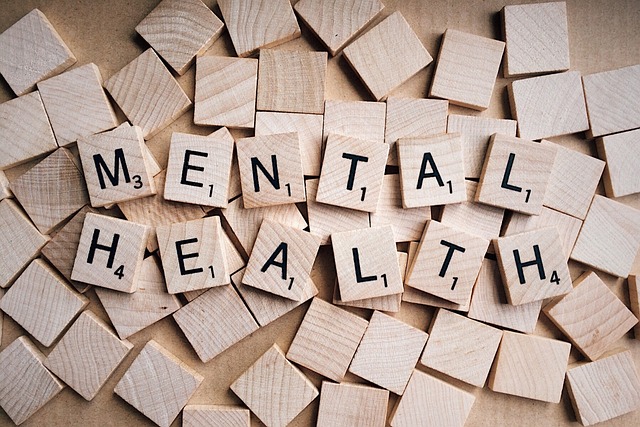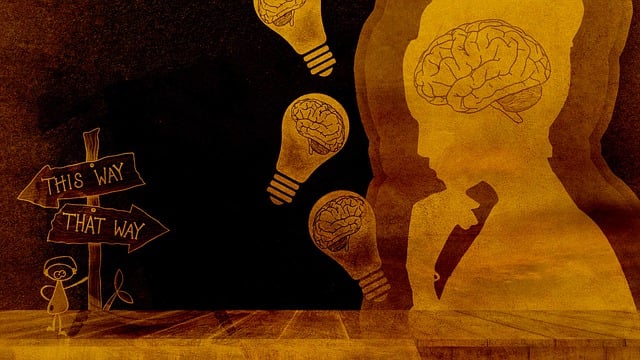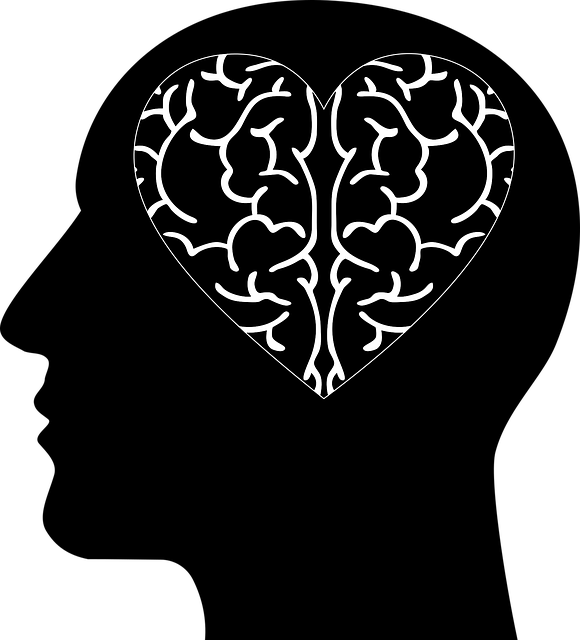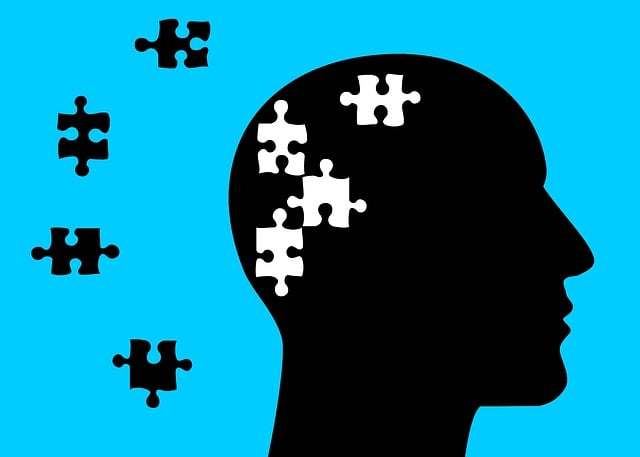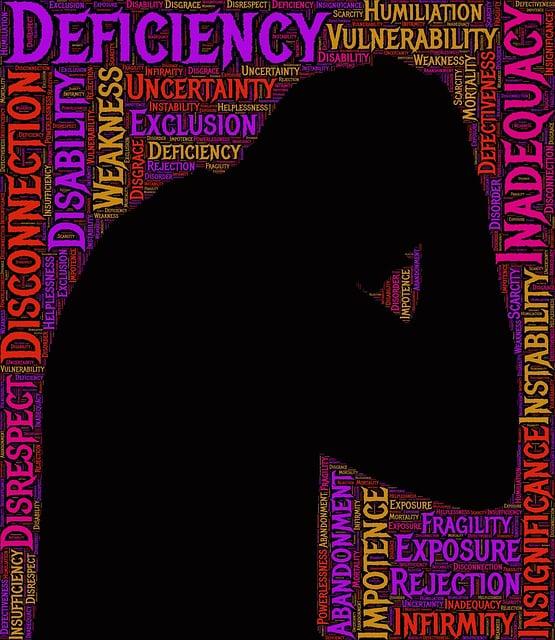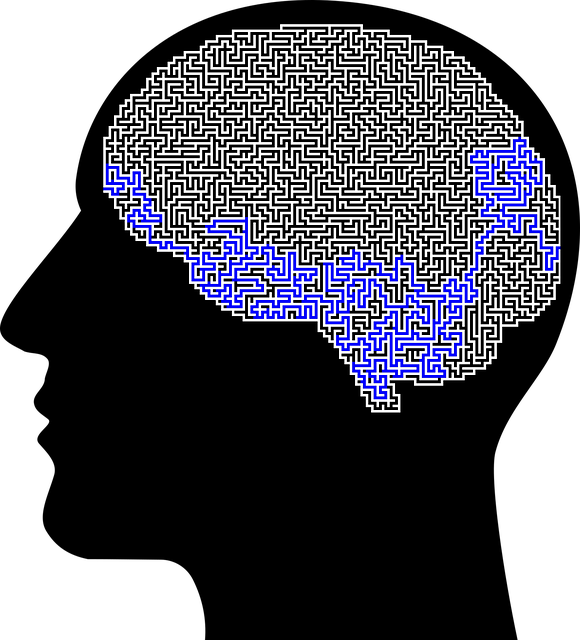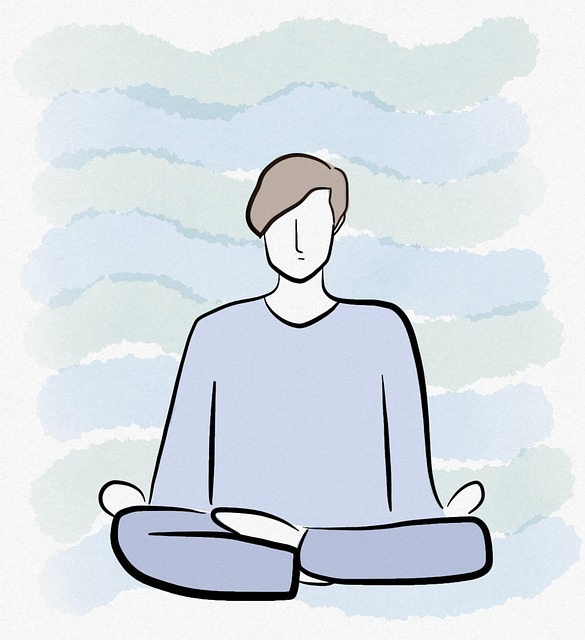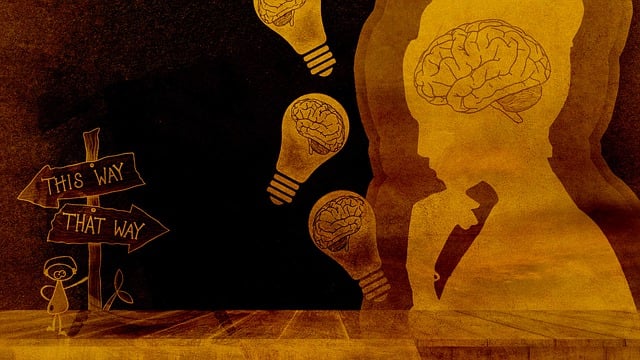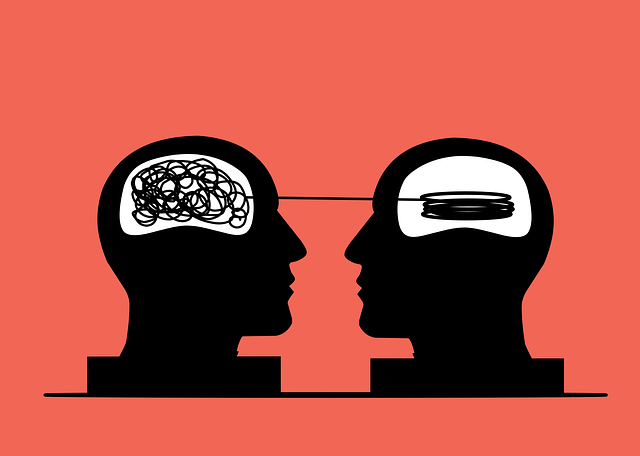Aurora Children Therapy offers crisis intervention services designed to support individuals during emotional crises, focusing on long-term mental health benefits. Their evidence-based strategies promote resilience and positive thinking by guiding clients through challenging situations. The approach includes specialized therapy for young minds, fostering emotional intelligence and teaching self-care routines. Early detection is key, with exercises like Mental Wellness Journaling and Social Skills Training aiding in recognizing distress signs. Aurora Children Therapy also emphasizes training primary caregivers, educators, and mentors to effectively support children's mental wellness during crises. Post-intervention, individual therapy sessions help clients process experiences, resolve issues, and learn healthy coping mechanisms for long-term recovery.
In times of crisis, effective intervention can be a lifeline. This comprehensive guide explores crucial strategies for navigating mental health challenges, focusing on both adult and youth populations. We delve into the foundational principles of crisis intervention, highlighting the transformative power of approaches like the Aurora Children Therapy method. By understanding triggers, implementing practical techniques, and providing post-crisis care, parents, caregivers, and educators can foster resilience and support long-term coping skills, as exemplified by this unique therapeutic approach.
- Understanding Crisis Intervention: A Cornerstone of Mental Health Support
- The Aurora Children Therapy Approach: Nurturing Resilience in Young Minds
- Identifying Signs and Triggers: Early Intervention for At-Risk Youth
- Practical Strategies: Equipping Parents, Caregivers, and Teachers for Effective Crisis Management
- Post-Crisis Care: Supporting Recovery and Building Long-Term Coping Skills
Understanding Crisis Intervention: A Cornerstone of Mental Health Support

Crisis intervention is a critical component of mental health support, providing immediate assistance during moments of intense distress or turmoil. At Aurora Children Therapy, we recognize that early and effective intervention can significantly impact an individual’s long-term well-being. Our strategies are designed to help individuals navigate challenging situations, promote resilience, and foster positive thinking.
Understanding crisis as a temporary state allows therapists to guide clients towards coping mechanisms and problem-solving skills. This approach, integrated within the broader context of mental health policy analysis and advocacy, aims to address not only the immediate needs but also to prevent burnout, a common consequence of prolonged stress. By implementing evidence-based techniques, we empower individuals to overcome crises and develop sustainable strategies for maintaining mental health and overall well-being.
The Aurora Children Therapy Approach: Nurturing Resilience in Young Minds

The Aurora Children Therapy Approach is a unique and nurturing method designed to help young minds navigate through crises and foster resilience. This therapeutic strategy recognizes that children, especially those facing emotional challenges, require a specialized and compassionate approach to healing. By creating a safe and supportive environment, therapists using the Aurora method aim to empower kids to understand and manage their emotions effectively.
Through this process, children learn valuable skills such as emotional intelligence, which plays a pivotal role in their ability to cope with stress and anxiety relief. The therapy encourages self-care routine development, teaching them healthy habits that contribute to better mental health. By nurturing resilience, the Aurora Children Therapy Approach equips young individuals with the tools they need to face future challenges head-on.
Identifying Signs and Triggers: Early Intervention for At-Risk Youth

In the realm of crisis intervention strategies, particularly for at-risk youth, identifying signs and triggers is a crucial first step. Aurora Children Therapy emphasizes the importance of early detection to mitigate potential crises. By implementing Mental Wellness Journaling Exercise Guidance, professionals can equip young individuals with tools to express their feelings and thoughts, allowing for early signs of distress or emerging mental health issues to be recognized. This proactive approach is essential in fostering resilience and providing timely support before situations escalate.
Social Skills Training also plays a vital role in crisis prevention. Teaching youth effective communication and conflict resolution strategies enables them to navigate challenging interactions with peers and adults more constructively. In light of these interventions, it’s crucial for caregivers, educators, and mentors to stay vigilant, as subtle changes in behavior or mood could be indicative of underlying struggles. Regular check-ins and open dialogues can significantly contribute to the overall mental wellness of at-risk youth.
Practical Strategies: Equipping Parents, Caregivers, and Teachers for Effective Crisis Management

In the face of a crisis, whether it’s a sudden emotional outburst or a more complex mental health issue, those closest to a child play a pivotal role in its resolution. Equipping parents, caregivers, and teachers with practical crisis intervention strategies is a key aspect of effective crisis management, as emphasized by Aurora Children Therapy. These individuals are often the first line of defense, and their ability to handle such situations can significantly impact a child’s overall mental wellness.
Through tailored training, Mental Wellness Coaching Programs Development can empower these care providers with essential tools for crisis intervention. Social Skills Training focuses on enhancing communication and de-escalation techniques, ensuring everyone involved knows how to recognize signs of distress and respond appropriately. Additionally, Stress Management Workshops Organization offers valuable insights into managing not just their own stress levels but also in teaching children healthy coping mechanisms. These programs collectively contribute to a supportive environment where crises are addressed effectively, fostering better mental health outcomes for children.
Post-Crisis Care: Supporting Recovery and Building Long-Term Coping Skills

After an initial crisis intervention, providing ongoing support and care is vital for individuals’ long-term recovery, especially children. Aurora Children Therapy emphasizes that this post-crisis phase is where deep emotional wounds are healed and essential coping mechanisms are developed. Through individual therapy sessions, clients can process their experiences, work through any unresolved issues, and learn healthy ways to manage stress and triggers. The goal is to empower them with the tools necessary to navigate future challenges and prevent reoccurrence.
The therapeutic process involves building empathy and fostering a safe space for expression, which are key components of Cultural Sensitivity in Mental Healthcare Practice. Therapists employ Empathy Building Strategies to connect with clients on their terms, ensuring every interaction promotes understanding and trust. Additionally, teaching Conflict Resolution Techniques equips individuals with skills to navigate interpersonal challenges, fostering healthier relationships and improving overall well-being.
In light of the above discussions, it’s clear that crisis intervention strategies play a pivotal role in mental health support. From understanding the cornerstone principles to practical guidance on management, every aspect contributes to fostering resilience and promoting recovery. The Aurora Children Therapy Approach, in particular, stands out as an effective framework for nurturing young minds during crises. By identifying signs and triggers early, we can ensure that at-risk youth receive the necessary care promptly. Ultimately, equipping parents, caregivers, and teachers with practical strategies enables them to manage crises effectively and support long-term coping skills development.
